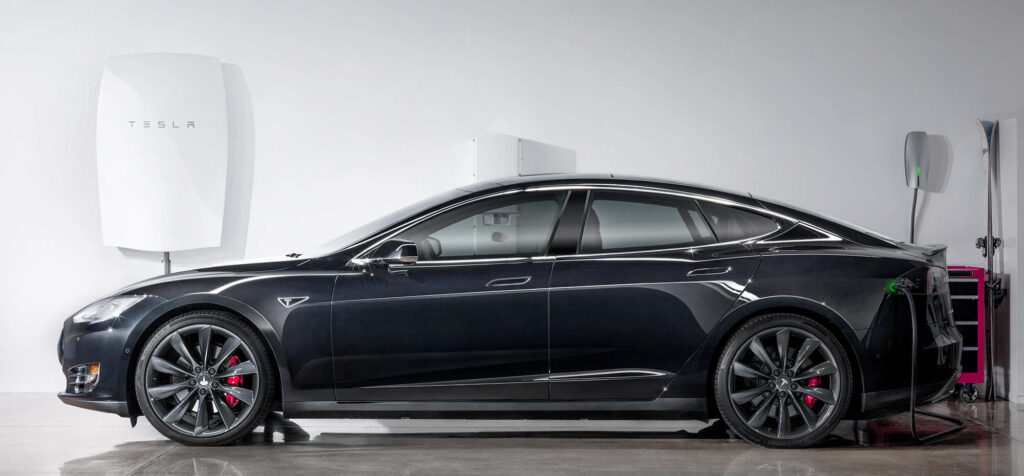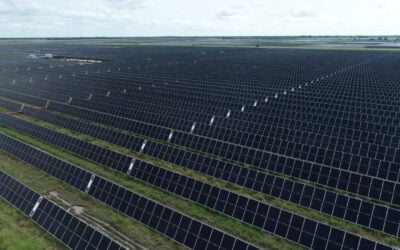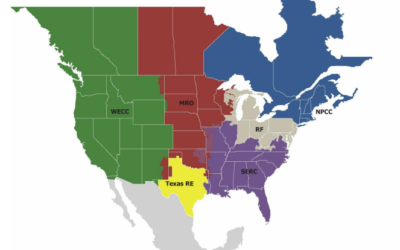
Tesla’s ability to offer rooftop solar, electric vehicles and home battery storage in one package could place the company in a strong position as an electricity retailer in Texas, according to a Houston-based venture capitalist (VC) specialising in energy transition investments.
Tesla has applied to Texas’ Public Utilities Commission (PUC) to become a Retail Electric Provider (REP) in the Electricity Reliability Council of Texas (ERCOT) service area, which covers more than 80% of the US state’s electric load and oversees electricity markets.
Enjoy 12 months of exclusive analysis
- Regular insight and analysis of the industry’s biggest developments
- In-depth interviews with the industry’s leading figures
- Annual digital subscription to the PV Tech Power journal
- Discounts on Solar Media’s portfolio of events, in-person and virtual
Energy-Storage.news reported on that move a few days ago. Neal Dikeman, a partner with investment group Energy Transition Ventures, got in touch with the site to explain why he believed Tesla could execute a “brilliant strategy” in marketing a retail electricity offering to its existing customers, alongside its suite of various distributed energy resource (DER) products.
Dikeman has helped launch a number of VC investment groups, including Royal Dutch Shell’s North American VC arm, as well as startups in areas like software-as-a-service (SaaS) and online discussion and networking forum CleanTech.org.
“Most Texas retail power is generally low cost driven by low-cost and deregulated gas, solar, and wind, so it doesn’t have the regulated high time of use rates that have driven storage and solar penetration in markets like California,” Neal Dikeman told Energy-Storage.news.
“However, retailers are free to develop a wide range of contracts – thousands of types exist, including all solar and nights and weekends free. Wholesale power for those contracts is often provided or backstopped by companies like my former employer Shell, who helped create the hedges and provide the power and credit products, which launched this market two decades ago.”
Retail electricity rates and gas prices in the region are “low and flexible,” he said, which has meant rooftop solar and EV penetration are still low, despite Texas having great solar resources. But with Texas already being a big and growing utility-scale wind and solar market, and ERCOT now seeing “huge spikes” in utility-scale energy storage project deployment of about 30GW in the queue, “rooftop solar is just a matter of time,” Dikeman said.
‘Fascinating opportunity’ to bundle up full package of home resources
“One of the fascinating opportunities for Tesla is it can bring solar on the rooftop, EV and home battery storage in one package. Adding retail energy is an obvious next move – and only possible in a deregulated market like ERCOT. If done right, it combines the demand response, home storage, solar and V2G in one seamless wrap for the customer. It lets the retail electricity provider have multiple distributed and controllable generation and storage assets in the home, allowing them to rewrite the hedge and deliver the virtual power plant of the future, now, at a better price than anyone else.”
Doing all of that, and then taking the automotive fuel bill “straight from the wallets of companies like Shell and ExxonMobil” into Tesla’s pockets would be altogether a “brilliant strategy in consumer energy if they commit to executing it,” he said.
Tesla’s new subsidiary, Tesla Energy Ventures, goes into testing for readiness with ERCOT from October. The company listed a large-scale energy storage project it is building as one of its key assets, along with energy resources at its Texas gigafactory, which is under construction. Dikeman sees its ability to equip homes with distributed solar and storage as just as important.
Dikeman said that one of his other ventures in Texas has been electrifying old buildings in Houston, “antique homes,” as he called them. Bungalows a century old are being converted into climate-friendly dwellings without natural gas as the homes are restored. While those rooftops wouldn’t be suitable for solar, a company like Tesla could use the price swing between daytime and nighttime electricity to provide home resiliency using its Powerwall residential battery systems.
The company’s complete suite of products could also enable Tesla customers to use night time free power contracts to store energy in Powerwalls, something else Dikeman said no other company currently as the ability to do alone.
“With Tesla providing the whole solution, it can absolutely deliver it and undercut the rest of the market,” he said.






